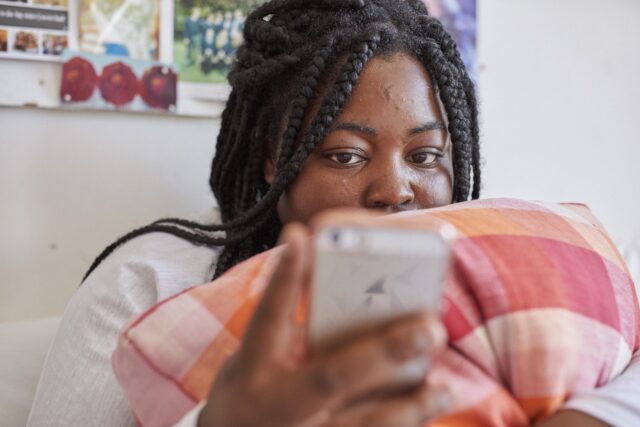Anti-bullying week is an annual event in the UK that aims to raise awareness of bullying of children and young people and highlights ways of preventing and responding to it. The week is co-ordinated by the Anti-Bullying Alliance and this year’s theme is One Kind Word.
Advice from NSPCC and Childline
For children
1. Share how you are feeling with other young people. Childline’s online message board is a non-judgemental space where you can speak to other children who are in a similar situation to you about your experiences and feelings. This can help you feel less alone and will give you an online support network that you can turn to.
2. Talk to an adult you trust about the bullying you are experiencing so you feel less alone and so that adult can support you. This could be a parent, teacher or you can speak to a Childline counsellor on 0800 1111 or online at childline.org.uk
3. Take a break from your device if you are being bullied online and do something you enjoy such as sport, listening to music or art.
4. Remember the bullying is not your fault.
5. Get into a healthy routine and make sure you look after yourself by eating healthily, getting enough sleep and taking time out for yourself.
6. Report and block someone if they are sending you messages online that upset you.
For Adults:
Signs to spot that your child may be being bullied online:
• Not wanting to go to school or take part in normal activities.
• Getting anxious or angry if you go near their device.
• Feeling withdrawn, upset or angry at home.
• Problems sleeping or eating.
• Having angry outbursts that seem out of character.
• Spending more or less time online than normal.
Signs to spot that your child may be being bullied in person
• Belongings are getting lost or damaged.
• Physical injuries such as unexplained bruises.
• Being afraid to go to school.
• Not doing as well at school.
• Being nervous, losing confidence, or becoming distressed and withdrawn.
• Problems with eating or sleeping.
• Bullying others.
What to do if you think your child is being bullied
1. Talk to your child and remind them to come to you with anything that might be making them feel anxious or sad. If your child speaks to you about an experience of bullying that they’ve had online or in person, try to remain calm and don’t overwhelm them with questions and reassure them that it will be ok, and that you’re always there for them.
2. Show them how to report or block a message that they’ve received from someone online that upsets or worries them.
3. Don’t take their device away if they’ve had a negative experience online. Although you may want to do this if they are upset, this may make them feel like whatever has happened is their fault. Instead, suggest they take some time away from the app they received the messages on and do another online activity they enjoy like playing a game.
4. Know where you can get further support. Adults can call the NSPCC helpline for advice on 0808 800 5000. There is also further advice on the NSPCC website.




